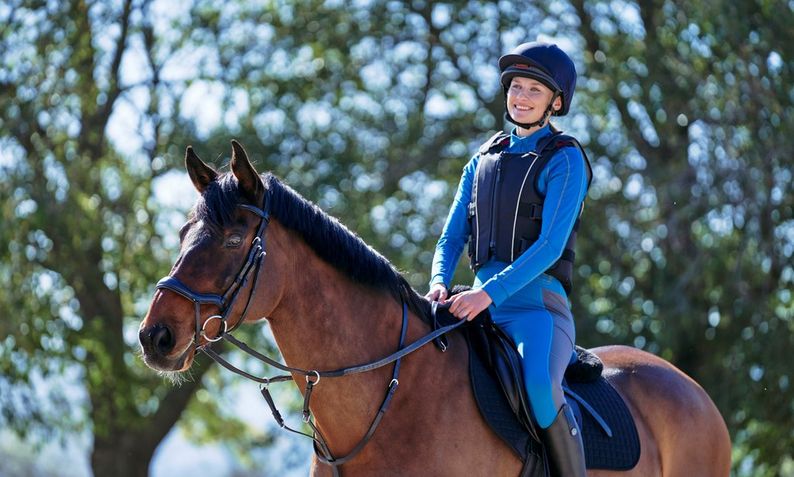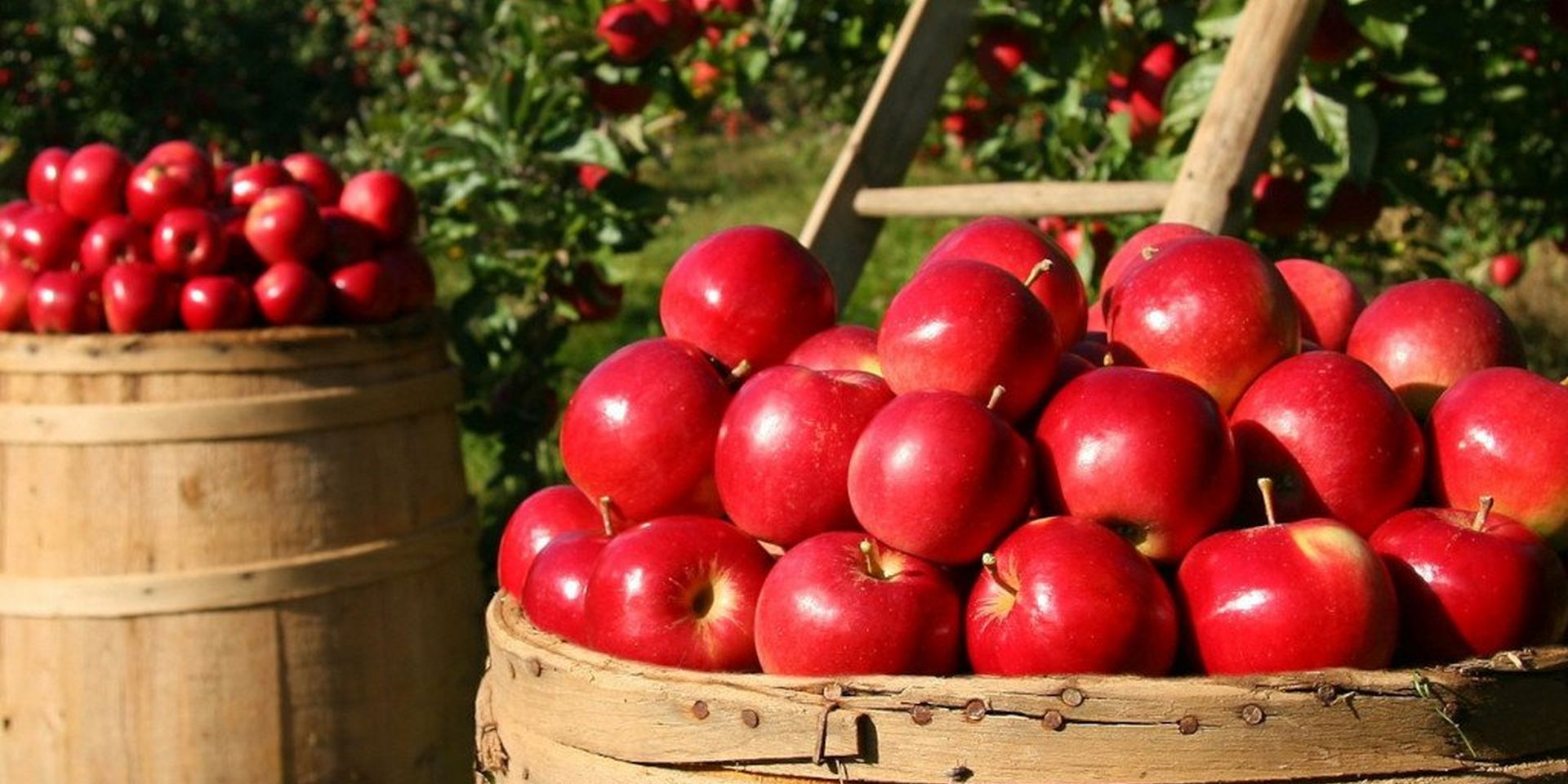
The quickest way to a horse’s heart is through their stomach, right? Be it hay, grass, alfalfa or treats, it’s no secret that almost all of our equine friends love their grub! The question is though, does the food we’re giving them really provide everything their body needs? Sadly, the answer is almost always no! While in the wild horses would survive almost solely on grass and hedgerow herbs, this simply doesn’t supply them with all the nutrients they need! So, what can we do to help? More often than not us horse owners see fruits and veggies simply as a nice treat, but they’re capable of being so much more! Packed with vitamins and minerals, they’re a great addition to your horse’s diet. Keep reading to find out more…
We all know that our horse's are super sensitive to new foods, prone to digestive upsets such as colic and loose droppings. That's exactly how we know that at least once you'll have started a google search with these three words...
Can Horses Eat...
Vegetables For Horses
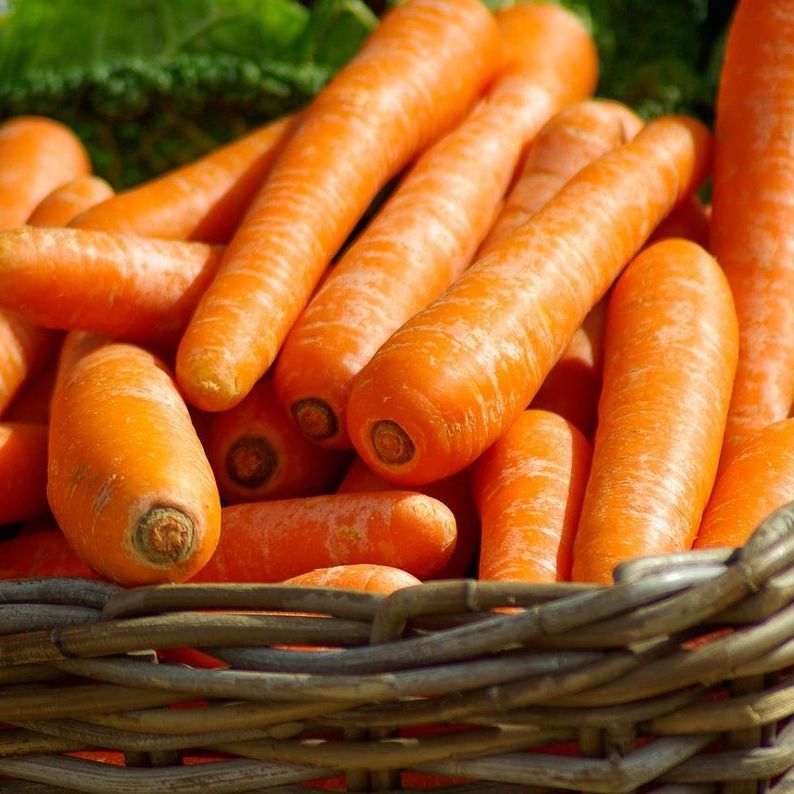
Carrots
First and foremost, horse’s love carrots! So, you won’t have any trouble getting them to eat these veggies! Have you ever heard the old wives’ tale that carrots help you see in the dark? Well, they sort of do! Carrots contain beta carotene, which is converted by the body into Vitamin A. This is important for eye sight, reproduction, the immune system and so much more. More than just vitamin A, they also supply vitamin C which aids the immune system and Potassium for good muscle health.
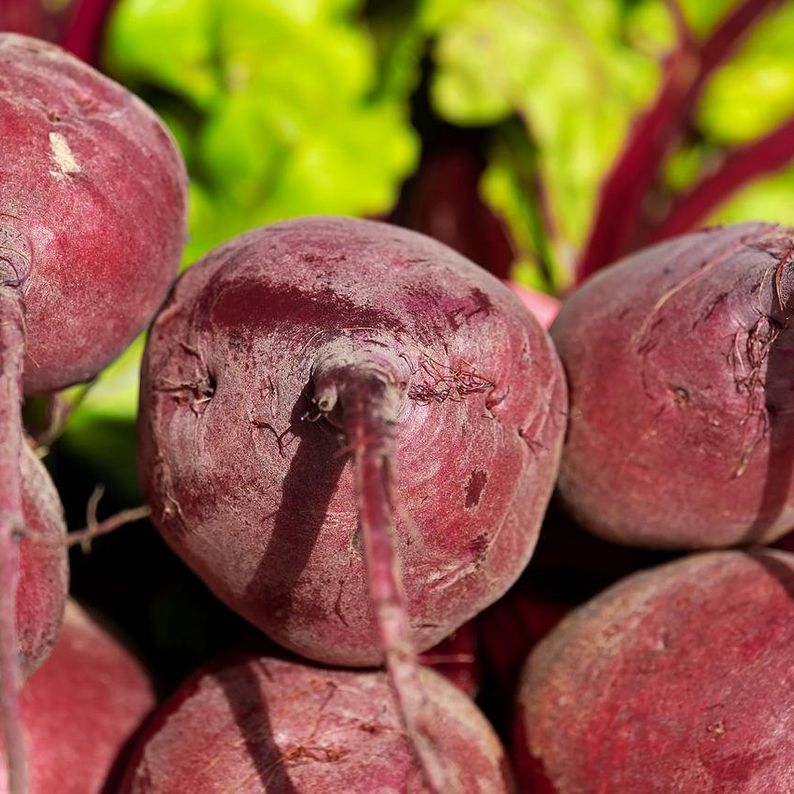
Beetroot
Often considered as a superfood, don’t be too quick to overlook beetroot! While it’s pretty unheard of for equestrians to feed their horses beetroot, more and more feed companies are starting to utilise it in their recipes, and here’s why… Beetroot contains antioxidants, flavonoids, folic acid, methionine and nitrates. Nitrates are converted into nitric oxide, thought to relax the blood vessels, lower blood pressure, increase circulation and boost athletic performance. If you’re not sure about preparing beetroot, take a look at Keyflow Pink Mash!
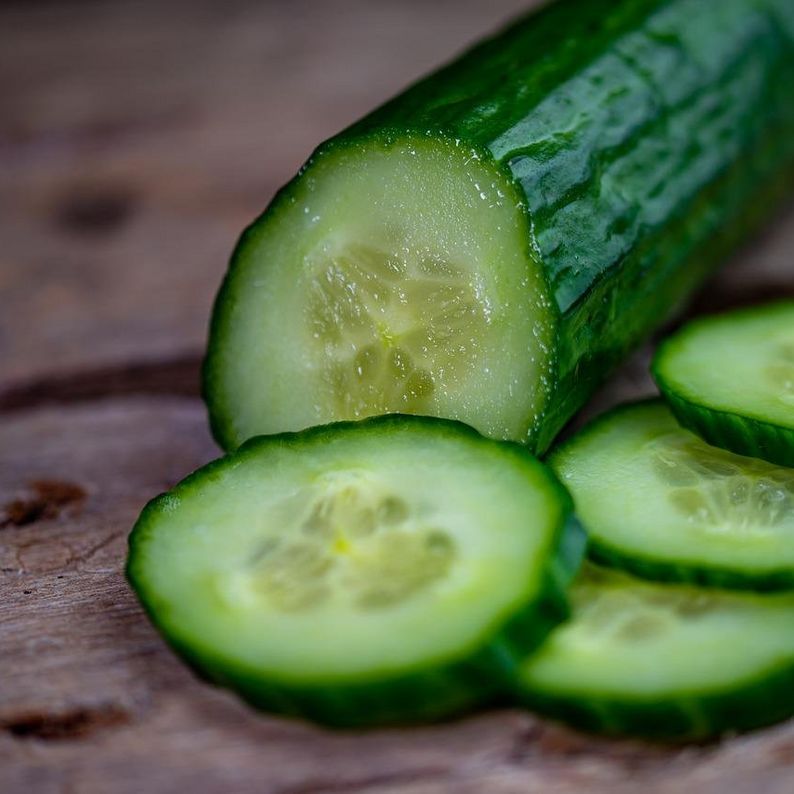
Cucumber
Got some leftover cucumber sat in the fridge? Don’t let it go to waste! A refreshing addition to your horse’s feed, cucumber is high in water and low in calories and sugar. It’s also rich in antioxidants, vitamin D, vitamin K, vitamin C and vitamin A. Vitamin D helps to keep the bones and teeth strong, and is important for the absorption of calcium and phosphorus. This is especially important for horses that are rugged or stabled for prolonged periods of time.
Other fantastic vegetables safe to feed your horse include; parsnip, celery, swede and turnip.
Fruits For Horses
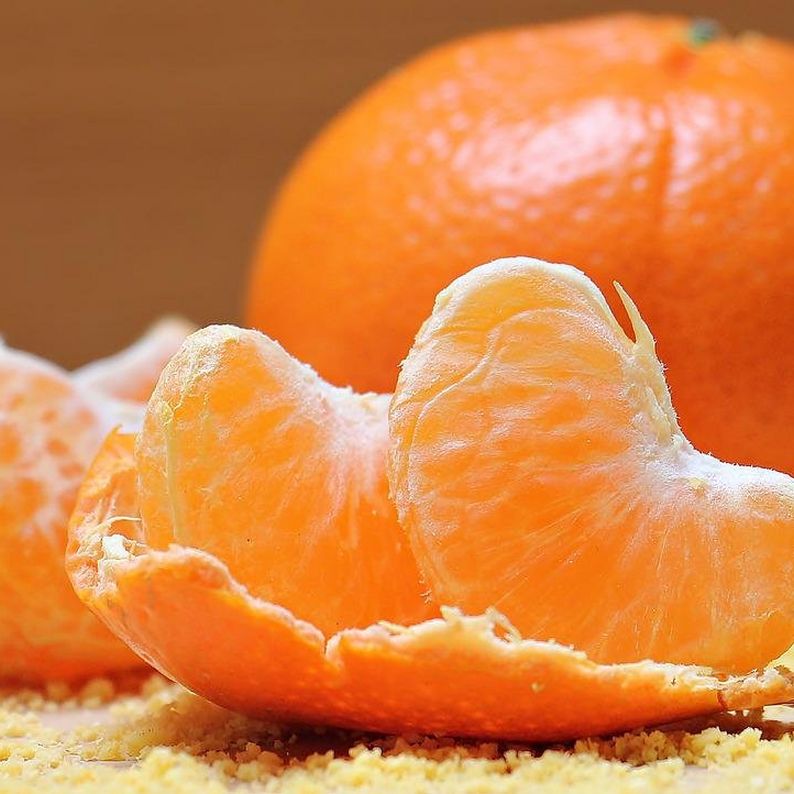
Oranges
Oranges make a super tasty treat for horses, and they’re packed with vitamin C! this plays an important role in the production of collagen, used by the body in the formation of connective tissue such as skin, joints and muscles. It’s also an antioxidant, which helps to neutralise free radicals. As we all know, vitamin C is vital for the immune system as it encourages the production of antibodies that help your horse fight off illness. Oranges should be segmented into pieces and fed in small quantities.
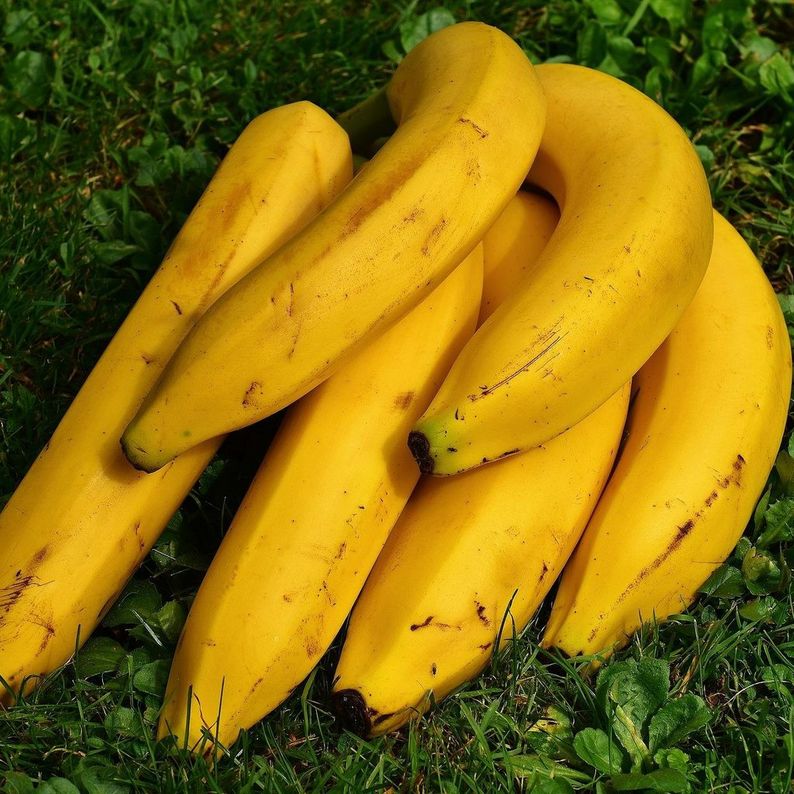
Bananas
Whether your horse is a little monkey or a total angel, they’re sure to go bananas for this tasty treat. Highly nutritious, bananas are rich in potassium, magnesium, sodium chloride, vitamin C and vitamin B6! Containing lots of goodies, bananas can help with everything from muscle health and energy levels to nerve function and digestion. This makes them especially good for working horses. Be wary though, they’re high in sugars so be sure to feed in moderation!
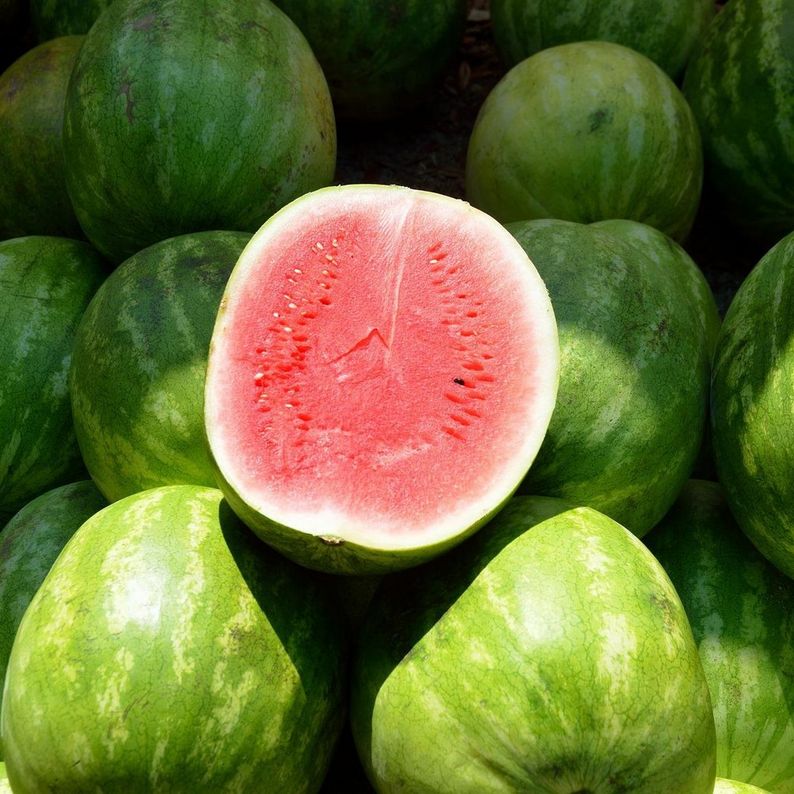
Watermelon
Fantastic for helping your horse cool off on those hot summer days, watermelon (unsurprisingly) contains a huge 90% water! This makes it great for keeping your horse hydrated. More than just water and sugar, the flesh also contains vitamins A and C. Top Tip: Don’t ever be tempted to put the rind in the bin! Safe for your horse to eat, it provides the amino acid citrulline. Your horse’s body converts this to arginine, which produces nitric oxide.
These are but a few of the fruits you can feed your horse, other safe options include apples, blackberries, strawberries and pears.
We hope we’ve inspired you to think outside the feed room! Please ensure that any new additions to your horses’ diet are introduced gradually to avoid upsetting their stomach. Fruits and vegetables should always be fed alongside a balanced diet with plenty of forage and fresh water. If your horse is deficient in nutrients, we'd recommend feeding a good quality balancer or supplement.
If you’re unsure about what to feed your horse, please do reach out for more information. Does your horse have a favourite fruit or vegetable? Let us know down in the comments below!

